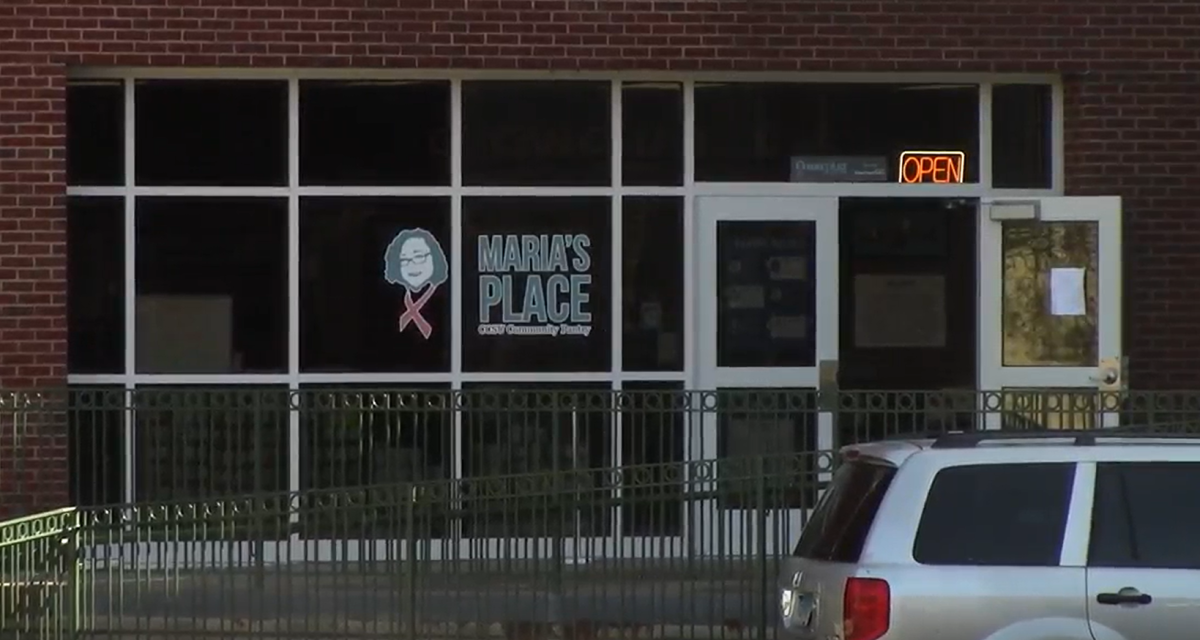By Matt Kiernan
The faculty senate met to discuss future course scheduling, as well as a controversial bonus that was awarded to the CSU Chancellor.
“We were told to do more with less,” said President of the Senate Candace Barrington, who summarized the letter Chancellor

David Carter issued to the CSU universities in December 2008.
This opened to the discussion of how the chancellor may have been paid an estimated $50-80,000 to refuse to take early retirement.
”I don’t think this looks very good,” said Barrington.
Barrington said that she found it unfair that she and other members of the faculty were never offered pay to refuse early retirement and that it could have serious ramifications for the university.
Barrington also showed a letter that was issued from the state that said a president in the CSU system may be “non-continued,” or dismissed from office, if the chancellor deems it necessary. This may be acted out by the chancellor without reason or explanation.
In the letter issued last December, Carter wrote, “We must do everything we can to save every possible dollar, even while knowing that the sum total of such actions will in all likelihood be insufficient to prevent us from being touched by additional budgetary cutbacks.”
The estimated bonus Carter is allegedly receiving brought questions to the ethics of him asking those in the CSU system to try their best, despite cutbacks.
The announcement of the chancellor’s alleged payment bonus was received by members of the faculty with gasps and shock.
The letter also stated that the state will be facing an estimated $2.6 billion deficit in the 2010 fiscal year, and $3.2 billion deficit in the 2011 fiscal year.
It was announced in the meeting there are to be three open forums in the spring semester to discuss changes to class scheduling that is predicted to be ready for the spring 2011 semester.
A version of the spring 2011 time block schedule has been released on the facutly senate website under their December 7 minutes.
Larry Grasso of the University Planning and Budget Committee presented the committee’s proposal for a more outlined process for faculty to make changes to their departments or programs.
The application process would include an outline of the stages of implementation, what the costs for changes would be and how it would affect other programs positively or negatively, among other things.
“We didn’t want to make another hoop for people to go through,” said Grasso.
Grasso added that the committee is looking to make the proposal a requirement, and that by doing so it would make future proposals have greater visibility sooner rather than later.
The curriculum committee is also looking to clean up their by-laws in the spring semester.
The meeting was called to a close with the deans of the CSU schools announcing their proposals with the names of students listed who are expected to graduate, as long as they meet the graduation requirements.



